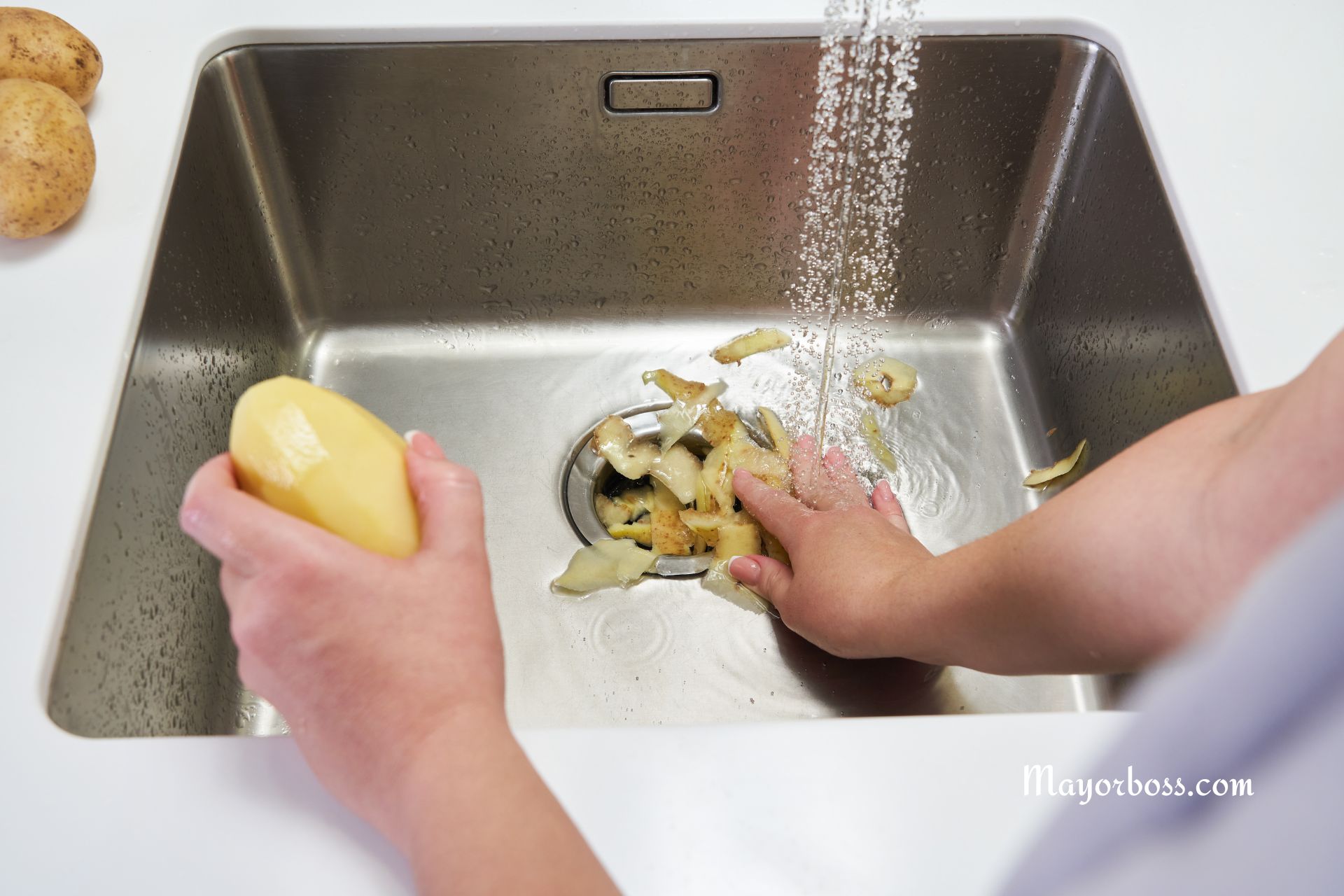7 Types of People You Should Never Have Kids With
Choosing a partner to start a family with is one of the biggest decisions you’ll ever make. Naturally, you want someone who aligns with your values, supports you, and is ready for the responsibilities that come with raising children. But let’s face it, not everyone fits the bill. There are certain types of people you might want to think twice about having kids with. Here are seven types of people you should probably steer clear of when thinking about starting a family.

1. The Commitment-Phobe
First and foremost, the commitment phobe. You know the type: always unsure, constantly dodging serious discussions about the future, and never quite ready to take the next step. If someone is hesitant to commit to a relationship, they might not be ready to commit to the lifelong journey of parenthood. Parenting requires a steadfast commitment, and if your partner can’t decide whether they’re in or out, it’s a red flag.
2. The Perpetual Party Animal
Next, let’s talk about the perpetual party animal. We all enjoy a good party now and then, right? But if someone lives for the weekend and prioritizes nightlife over most other aspects of their life, adding children to the mix might be a challenge. Parenting often requires shifting priorities and making sacrifices. If your potential co-parent isn’t ready to trade in their party shoes for baby booties, it could lead to conflicts and resentment.
3. The Irresponsible Spender
Moving on to finances—meet the irresponsible spender. Managing money wisely is crucial when you have kids. Unexpected expenses pop up all the time, from medical bills to school fees. If someone struggles with budgeting or is always in debt, it could put additional stress on your family’s financial stability and your relationship.
4. The Overly Controlling Partner
Now, consider the overly controlling partner. A relationship needs balance and mutual respect, where both partners have an equal say. An overly controlling person can stifle this balance, leading to a toxic environment for children. Kids benefit from seeing healthy, respectful relationships—they need a model of what good relationships look like.
5. The Workaholic
Here comes the workaholic. It’s fantastic to be career-driven, but if work consistently takes priority over family, it might be a problem. Kids need quality time with their parents to thrive. If a potential partner works 80-hour weeks and is always at the office, think about how that might impact your family life and childrearing responsibilities.
6. The Constant Critic
Beware of the constant critic. This person finds fault in everything and rarely gives praise. In a parenting partnership, encouragement and support are paramount. Constant criticism can erode self-esteem and affect how you parent together. It’s tough to raise confident, happy children in a home where negativity prevails.
7. The Uninvolved Partner
Last but not least, the uninvolved partner. This person shows little interest in family activities or parenting duties. They might expect you to handle everything related to home and kids. Effective co-parenting involves teamwork, and without their active participation, you might end up feeling like a single parent.
Wrapping Up
Choosing the right partner for parenting is crucial. It’s about finding someone who is ready to share the responsibilities, joys, and challenges of raising a child. Ensure that your values align and that both of you are prepared for the commitment. After all, parenting is not just about bringing a child into the world; it’s about working together to nurture that child into a caring, responsible adult.
Frequently Asked Questions
Q: How do you know if someone is ready to have kids?
A: Look for signs of responsibility, emotional maturity, and stability. Discuss their views on parenting and observe how they handle obligations and stress.
Q: Can people change their habits if they decide to have kids?
A: Yes, people can change, but it’s risky to rely on the hope that someone will transform after having kids. It’s better to start with a strong foundation where both partners are already aligned in their life goals and behaviors.
Q: What if I already have kids and am considering a new partner?
A: Assess how they interact with your children and consider their interest in family life. Their willingness to embrace your children and share responsibilities is key to forming a successful blended family.






